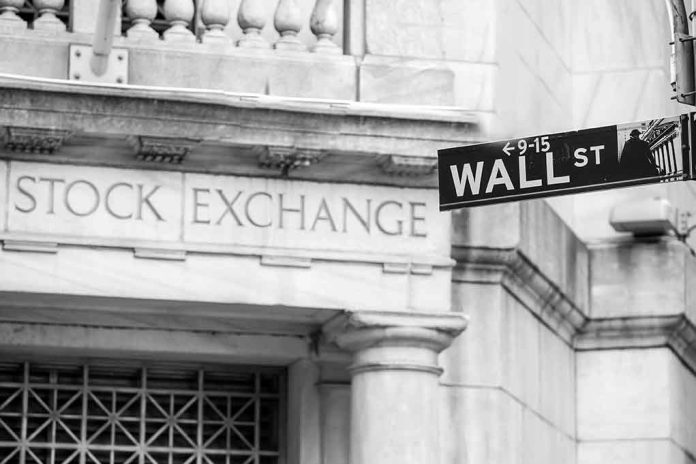
The New York Stock Exchange (NYSE) is set to launch a new electronic equities exchange in Dallas, potentially reshaping the landscape of U.S. financial markets and positioning Texas as a major financial hub.
Top Takeaways
- NYSE Texas will be established by rebranding NYSE Chicago, offering a new listing venue for global companies.
- Texas hosts the largest number of NYSE listings, with over $3.7 trillion in market value.
- The move aligns with Texas’s business-friendly reputation and is supported by Governor Greg Abbott.
- A potential competitor, Texas Stock Exchange (TXSE), is also working towards national securities exchange registration.
- These initiatives bolster Texas’s rising prominence in national financial markets.
NYSE Texas: A New Financial Frontier
The New York Stock Exchange is making waves in the financial world with its plan to establish NYSE Texas, a fully electronic equities exchange based in Dallas. This strategic move involves reincorporating and rebranding NYSE Chicago in Texas, offering companies a new option to list their stocks in a state known for its business-friendly environment.
Lynn Martin, President of NYSE Group, highlighted the significance of this development, stating, “As the state with the largest number of NYSE listings, representing over $3.7 trillion in market value for our community, Texas is a market leader in fostering a pro-business atmosphere.” This move not only recognizes Texas’s economic strength but also aims to solidify its position as a financial powerhouse.
The NYSE follows the Texas Stock Exchange and the Nasdaq in setting up operations in North Texas.https://t.co/84qTLY8NZh
— D Magazine (@DMagazine) February 13, 2025
Texas: The New Financial Capital of America?
The launch of NYSE Texas is part of a broader trend positioning the Lone Star State as a formidable player in U.S. financial markets. Texas Governor Greg Abbott has been a vocal supporter of this initiative, viewing it as an opportunity to challenge the dominance of traditional financial hubs like Wall Street.
“We need to make sure that Texas companies, and companies similarly situated, are not going to be cut off from capital markets in New York with policy decisions made from the left in places like New York,” said Abbott.
Abbott’s statement underscores the political dimension of this move, highlighting Texas’s opposition to certain ESG (environmental, social, and governance) rules that some perceive as potentially limiting access to capital for certain industries.
Competition Heats Up: The Texas Stock Exchange
While NYSE Texas is making headlines, it’s not the only player eyeing the Lone Star State’s financial potential. The Texas Stock Exchange (TXSE) is simultaneously working towards attaining national securities exchange registration, with plans to launch trading in early 2026. This potential competitor has already raised an impressive $161 million in initial funding, backed by heavyweight investors including BlackRock, Citadel Securities, and Charles Schwab.
The emergence of both NYSE Texas and TXSE signals a significant shift in the financial landscape, offering businesses expanded options beyond established centers like New York and California. It also reflects Texas’s growing appeal as a corporate destination, with the state becoming a serious competitor to Delaware as a legal home for major companies.
Implications for the Future
The establishment of NYSE Texas and the potential launch of TXSE represent more than just new trading venues. They signify a broader trend of decentralization in U.S. financial markets and highlight Texas’s rising prominence in the national economy. With its favorable regulatory environment and pro-business policies, Texas is positioning itself as an attractive alternative to traditional financial hubs.
As these developments unfold, they promise to bring new opportunities and challenges to the financial sector. For investors and companies alike, the emergence of Texas as a financial center offers increased choice and potentially more favorable conditions. However, it also raises questions about the future distribution of financial power in the United States and the potential for increased competition among states to attract financial business.
As the financial landscape continues to evolve, all eyes will be on Texas to see how these ambitious initiatives reshape the future of U.S. financial markets.






















